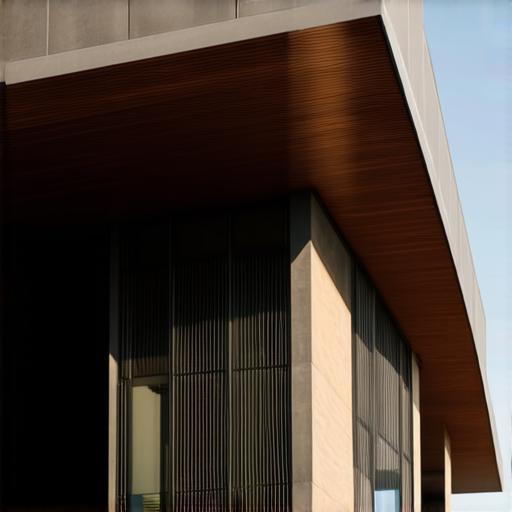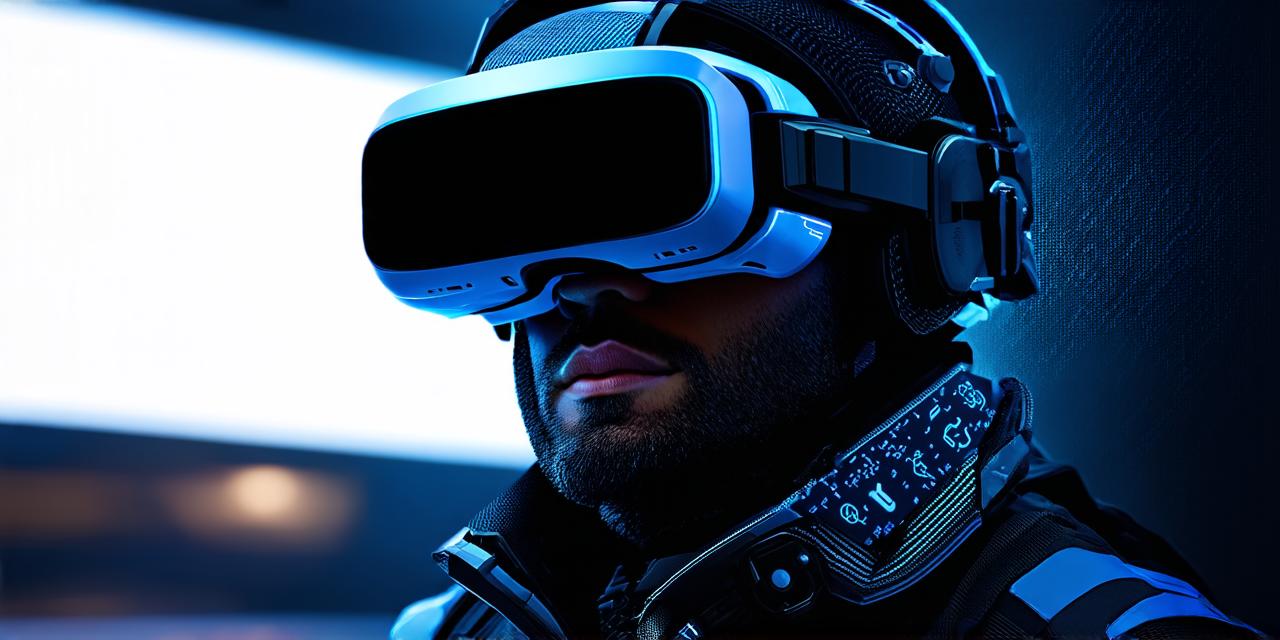
Explore VR Builders and Developers’ latest projects
In the ever-evolving landscape of virtual reality (VR), innovators are pushing boundaries, creating immersive experiences that blur the line between the digital and physical worlds.
Pioneering Projects: A Closer Look
1. Project Ara (Google): Google’s modular phone project, though discontinued, left a lasting impact on the VR world. The concept of modularity in VR could revolutionize the way we interact with virtual environments, allowing for customizable and adaptable experiences.
2. VRTK (Virtual Reality Toolkit): This open-source platform empowers developers to create VR applications quickly and easily. With a growing community of contributors, VRTK is shaping the future of VR development.
3. Oculus Medium (Facebook): Oculus Medium, Facebook’s sculpting tool for VR, has been instrumental in democratizing 3D modeling. It allows artists and designers to create intricate models with intuitive hand movements, bridging the gap between traditional artistry and digital creation.
The Power of Collaboration: Case Studies
Collaborative projects are driving innovation in VR development. For instance, the partnership between Epic Games (Unreal Engine) and Oculus (Oculus Rift) has resulted in stunning, high-fidelity VR experiences that push the boundaries of what’s possible in virtual reality.
The Role of Research and Experimentation
Research plays a crucial role in driving advancements in VR development. For example, Stanford University’s Virtual Human Interaction Lab is exploring how VR can be used to improve social interactions and empathy. Similarly, the MIT Media Lab’s SixOneSeven Labs is developing wearable haptic devices that simulate touch sensations in VR.
The Future: A Promising Horizon
As VR technology continues to evolve, we can expect to see more immersive, interactive, and realistic experiences. The potential for VR in education, healthcare, entertainment, and beyond is immense. The future of VR development lies in the hands of innovators who dare to dream and push the boundaries of what’s possible.
FAQs
1. What are some examples of VR builders and developers’ latest projects?
Project Ara (Google), VRTK, Oculus Medium (Facebook), and collaborative projects between Epic Games and Oculus are some notable examples.
2. How does research contribute to VR development?
Research contributes significantly to VR development by exploring new technologies, improving user experiences, and addressing challenges in areas like social interaction and haptic feedback.

3. What is the potential for VR in various industries?
The potential for VR in education, healthcare, entertainment, and beyond is immense. It offers opportunities for immersive learning, realistic medical training, engaging entertainment experiences, and more.

